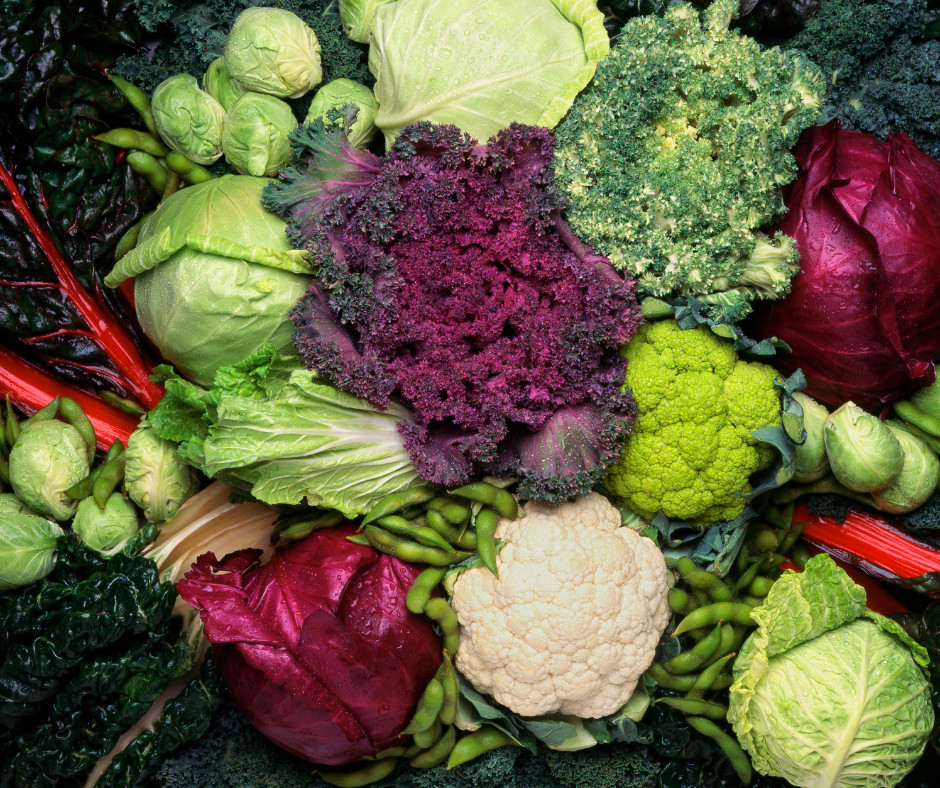
Your body has approximetely 250 million nerve endings that are constantly transmitting electrical messages to and from your brain. Damaged nerves can cause pain, numbness, muscle problems, the sensation of pins and needles, and more. Here are some ways you support your nerves.
B Vitamins
Vitamins B1, B3, and B12, have been studied for their ability to help protect your nerves. Vitamin B1, or thiamine, is involved in carbohydrate metabolism, which provides energy for nerves. It also protects the nerves from damage. Vitmain B3, or naicin, is involved in the development and survival of nerve cells. Vitmain B12 helps your body produce a protective covering that protects some nerves. Neuropathy is the most common symptom of B12 deficiency.
Magnesium
Magnesium is involved in over 300 chemical reactions in your body. And most people are deficient in magnesium. It helps the nerves connumicate properly and is important for neuromuscular coordination. Fortunately, there are many ways to make sure you are getting enough magnesium. There are supplements, topical creams, consuming magnesium rich foods, and even an Epsom Salt foot bath or full bath.
Omega-3 Fatty Acids
Like magnesium, getting enough omega-3 fatty acids is critical to your body for many reasons. It influeces your cardiovascular system and brain health. And it's critical for the development and maintenance of healthy nerves. Omega-3 fatty acids are the healthy fats fround in fish, seeds, and nuts.
Vitamin E
Vitamin E is important for the development and maintenance of the brain and nerves. It is antioxidant that helps protect cells from damage. If you're not eating a healthy variety of foods, you may want to supplement with a high quality vitamin E. Good food sources are seeds, almonds, peanuts, dark leafy greens, avocado, and asparagus.
Cruciferous Vegetables
The sulforphane in cruciferous vegetables has many health benefits. It helps protect the brain and the nervous system. It can also reduce inflammation and the associated pain that comes with neuropathy. Cruciferous vegetables include broccoli, cauliflower, Brussel sprouts, and cabbage. If you don't consume many of those vegetables, you might consider a hiqh quality sulforphone supplement.
Did this help you? If so, I'd greatly appreciate it if you commented and/or share it on social media.

Email: sharonledwards@hotmail.com
Facebook: https://www.facebook.com/sharonledwardsbiz/


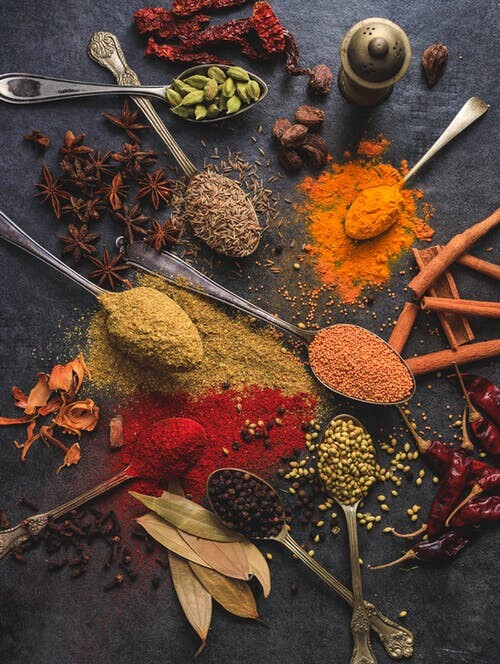



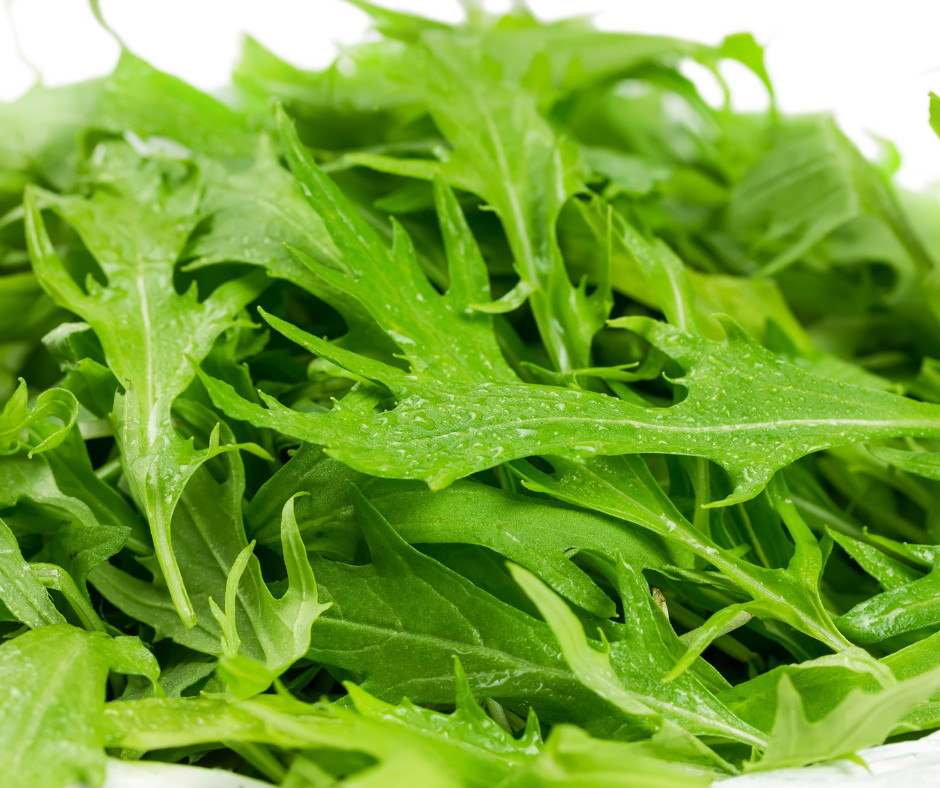

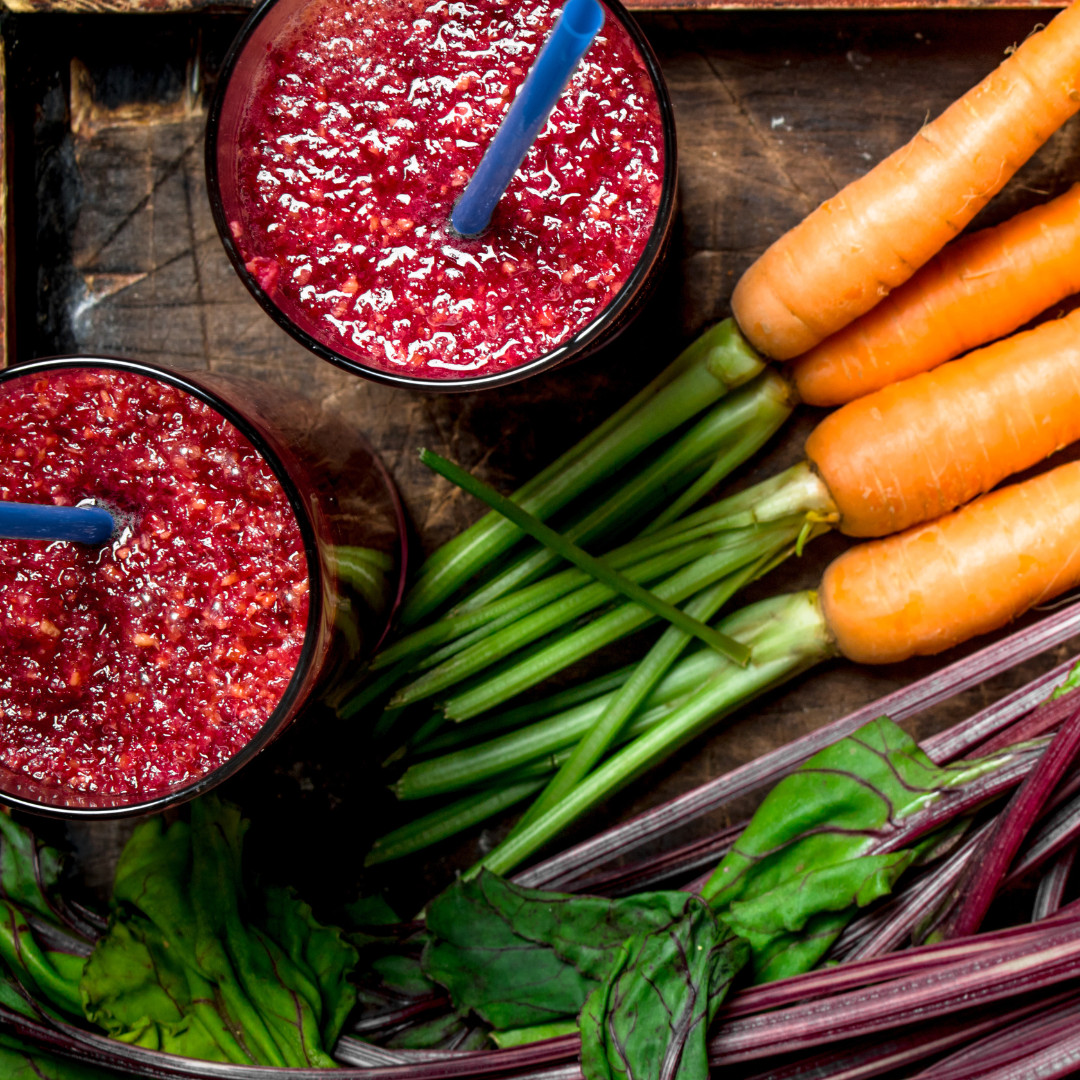
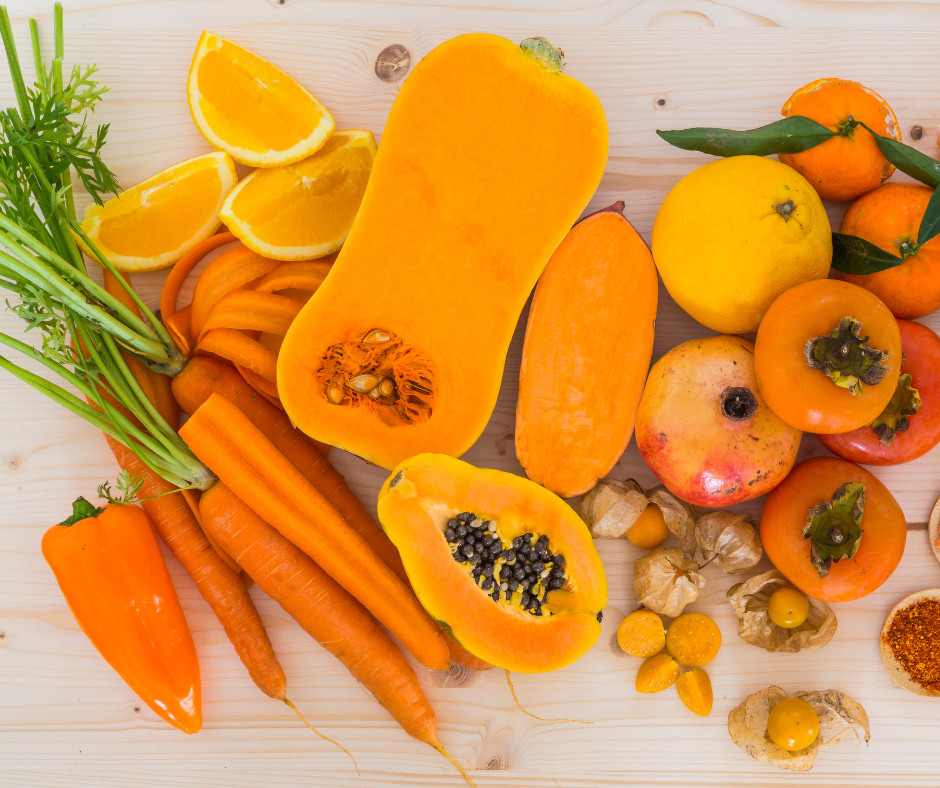
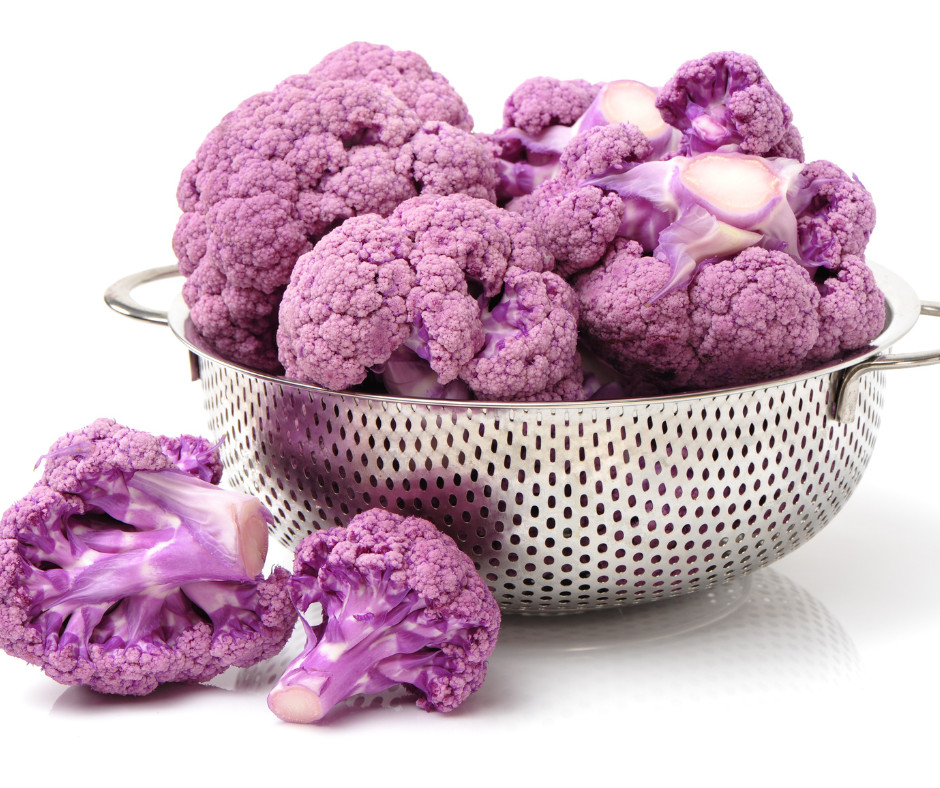
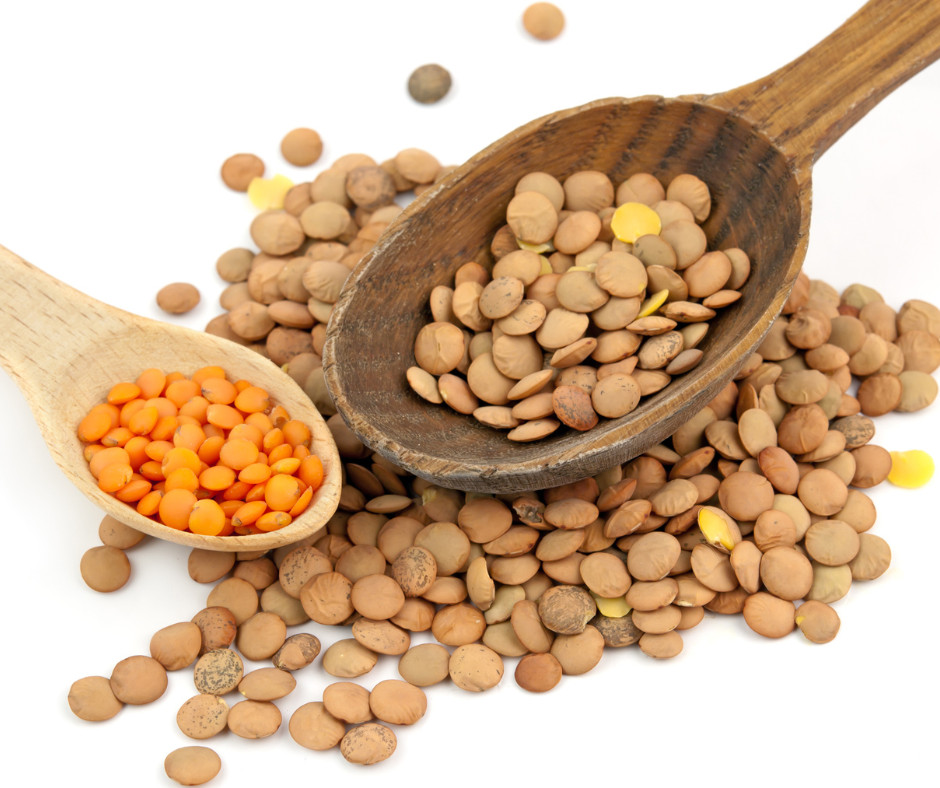
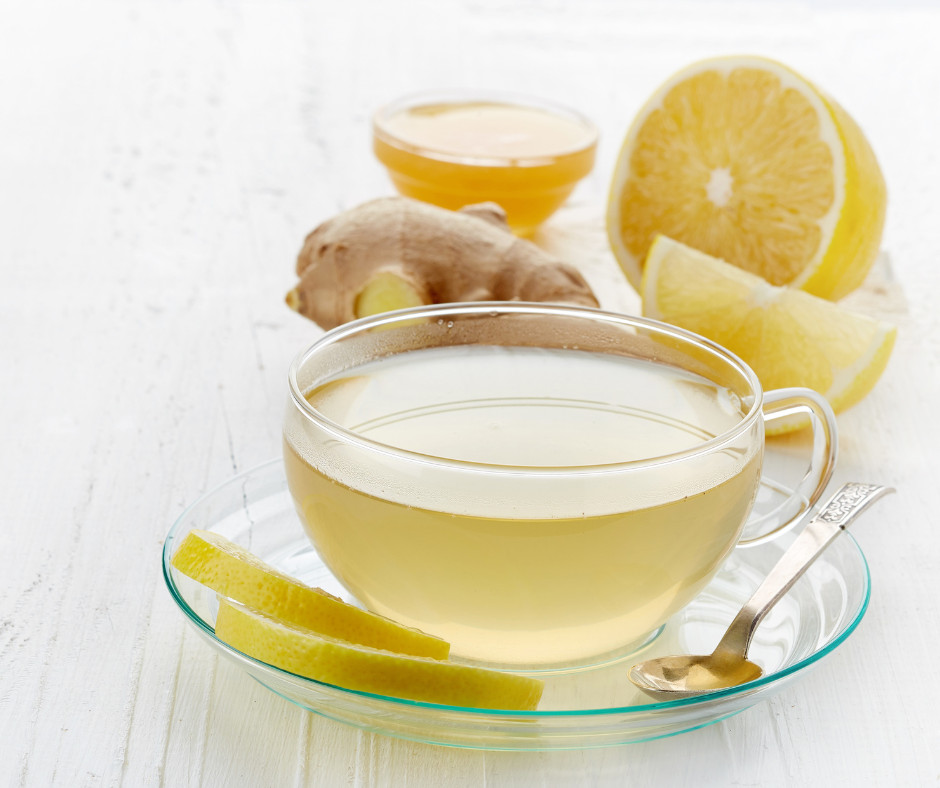





0 Comments